US might not shoot down North Korean ballistic missile: Carter
Defense Secretary Ashton Carter has said the United States might decide not to shoot down a North Korean intercontinental ballistic missile, as long as the launch did not pose a threat.
"If the missile is threatening, it will be intercepted. If it's not threatening, we won't necessarily do so," Carter said Tuesday in his final news conference before President Barack Obama's administration leaves office on January 20.
North Korea declared on Sunday it could test an intercontinental ballistic missile (ICBM) at any time from any location set by the country’s leader Kim Jong-un.
Pyongyang said it could test-launch a missile capable of striking the US mainland, saying Washington’s "hostile" policy towards the country forced it to develop such capabilities.
Carter suggested it might be more valuable to the United States to allow a test to take place in order to gather intelligence about the North’s ICBM program.
“It may be more to our advantage to first of all save our interceptor inventory, and second to gather intelligence from the flight,” he said.

Carter's language, while leaving open the possibility of US military action in any scenario, ran counter to President-elect Donald Trump's comments on the subject.
Trump has vowed that North Korea would never be allowed to fulfill its threat to test an ICBM that could reach the US. "It won't happen!" he said in a January 2 tweet.
However, Chairman of the Joint Chiefs of Staff Marine General Joseph Dunford, who will remain as Trump's top military adviser, agreed with Carter at the event but did not enter into specifics.
North Korea says it will not give up on its nuclear deterrence unless Washington ends its hostile policy toward Pyongyang and dissolves the US-led UN command in South Korea, where thousands of US troops are stationed.
US fighter aircraft shot down ‘in friendly fire’ amid aggression on Yemen
Yemeni FM: Israel’s sponsors accountable for ongoing aggression on Sana’a
Eight Palestinians killed as Israel attacks Gaza school, hospitals
VIDEO | Rome, Milan host new protests in solidarity with Palestinians
Dec. 21: ‘Axis of Resistance’ operations against Israeli occupation
Spain jurists demand ties with Israel ties be cut
VIDEO | Press TV's news headlines
VIDEO | Iran honors top Science Olympiad medalists


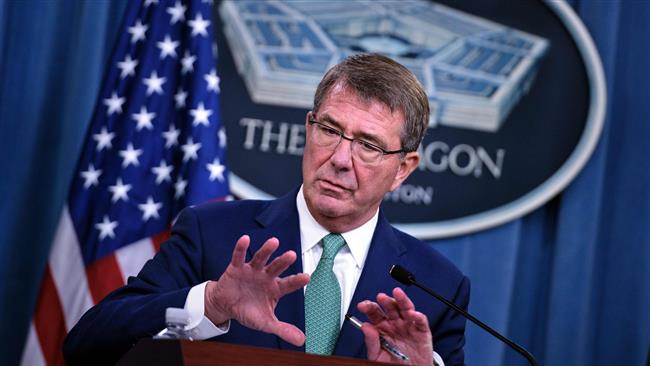
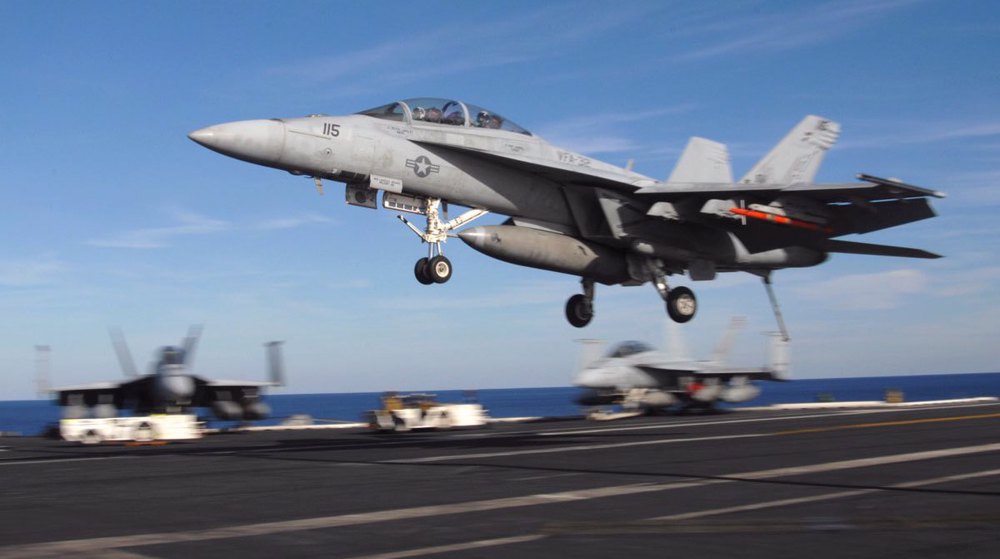

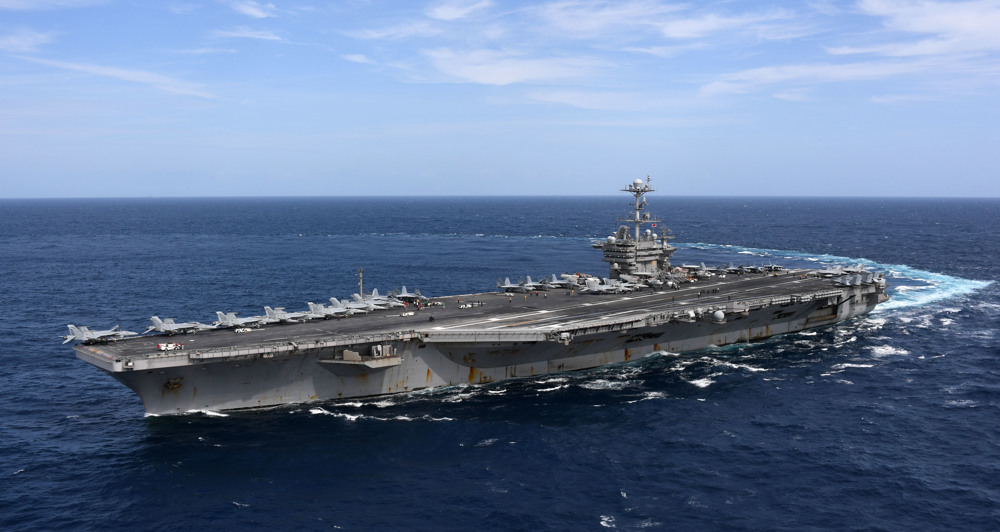



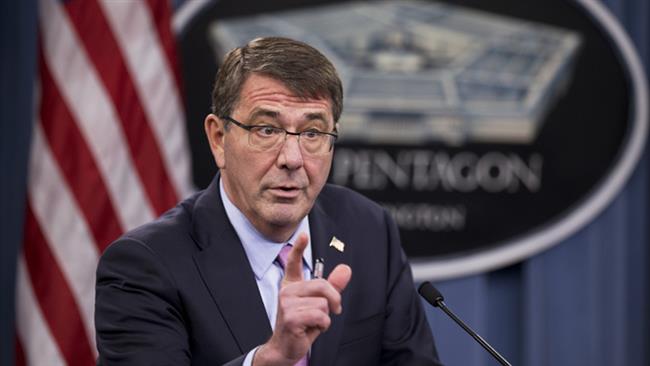
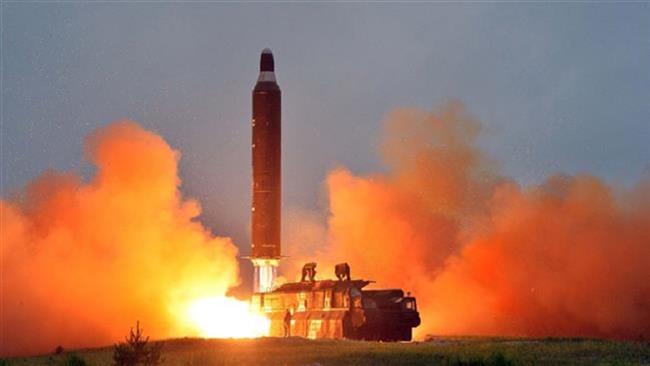
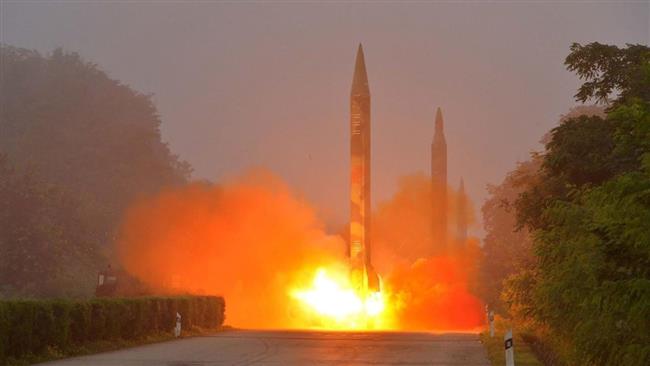
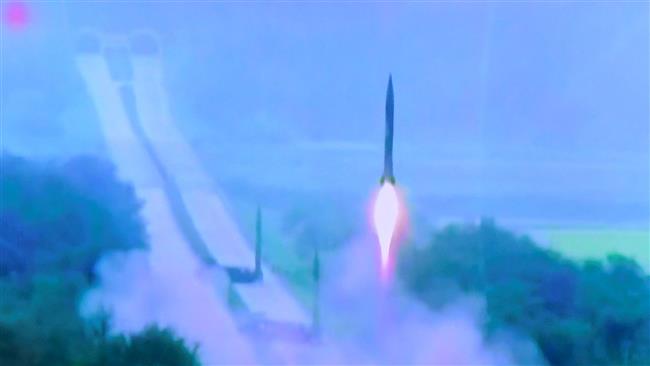


 This makes it easy to access the Press TV website
This makes it easy to access the Press TV website